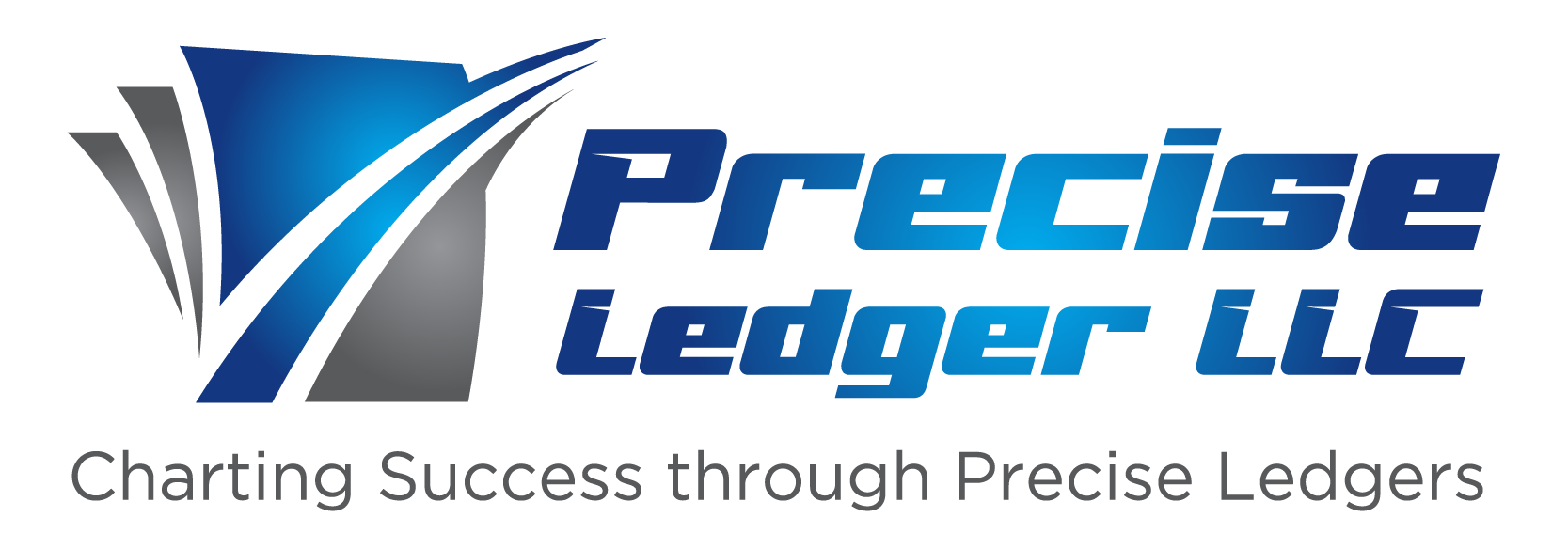Let’s start by defining tax deductions before we get into tactics for maximizing them. Expenses that can be deducted from your company’s taxable income to lower the income liable to taxes are known as tax deductions. Small firms can often deduct business expenses, home office deductions, and retirement contributions from their taxes. To maximize your tax savings, you must comprehend the costs deductible from taxes and how to record them appropriately.
Business Expenses
Expenses incurred in the regular course of operating your firm are referred to as business expenses and are typically tax deductible. Professional services, marketing, utilities, supplies, and rent are a few examples of deductible company expenses. To maximize your business cost deductions, you must:
Keep Detailed Records: Throughout the year, keep thorough records of every expense incurred by your firm. Track spending using spreadsheets or accounting software, ensuring that every expense is appropriately entered and classified.
Ensure Expenses are Ordinary and Necessary: You can only deduct expenses if required (valuable and acceptable for your firm) and ordinary (common and recognized in your industry). If you need to know whether an expense qualifies, speak with a tax expert.
Save Receipts and Documentation: Preserve invoices, receipts, and other supporting paperwork for your deductions in the event of an audit. Statements from credit cards, banks, and other payment sources are examples.
Home Office Deductions
You might qualify for a home office deduction if you utilize a portion of your house regularly and solely for work-related activities. You can deduct costs like mortgage interest, property taxes, utilities, and upkeep associated with using your house for commercial purposes. To be eligible for the deduction for a home office:
Exclusive Use: Your home office area must only be used commercially. It cannot serve as a family room or guest room.
Principal Place of Business: You must either use your home office as your primary place of business or meet with clients and customers there regularly.
Calculate the Deduction: Divide the overall square footage of your home by the square footage of your office to find the proportion of your home used for business. To see the deductible amount, multiply your home-related expenses by this proportion.
Retirement Contributions
Aside from being a prudent approach to preparing for the future, contributing to retirement plans provides small business owners significant tax advantages. Your annual taxable income is usually decreased by contributions to retirement accounts, such as solo 401(k) plans, SIMPLE IRAs, and SEP-IRAs, which are usually tax deductible. To optimize your retirement contributions:
Choose the Right Plan: Choose a retirement plan based on your financial objectives and company structure. The tax advantages and contribution caps vary throughout plans.
Maximize Contributions: To fully benefit from tax savings, contribute to your retirement plan the maximum amount permitted.
Plan: This ensures you continually prepare for the future while lowering your tax liability, including retirement contributions, in your yearly financial planning.
Record-keeping and Tax Planning
Accurate financial records and thorough records of all business expenses must be kept throughout the year to optimize tax deductions. Tax planning and record-keeping that works include:
Use Accounting Software: Purchase accounting software to monitor your earnings, outlays, and other financial information. This will guarantee accuracy and streamline record-keeping.
Maintain Accurate Records: Regularly update your financial records and ensure they match receipts and bank statements. Accurate records are essential for determining deductible expenses and preventing errors.
Engage in Tax Planning: Participate in tax planning activities all year to find ways to save money on taxes. This entails projecting quarterly taxes, modifying withholding, and organizing significant investments or purchases to optimize deductions.
Working with Tax Professionals
For small business owners, navigating the complexities of tax rules and regulations can take time and effort. Consider collaborating with a small business tax expert, such as an accountant or tax counselor. A tax expert can assist you with:
Identify Eligible Deductions: Ensure you’re utilizing all available credits and deductions.
Maximize Tax Savings: Create plans to reduce your tax burden and strengthen your financial situation.
Ensure Compliance: To lower your risk of fines and audits, you should maintain compliance with all applicable local, state, and federal tax rules.
Save Time and Reduce Stress: Leave the complex tax preparation and filing to the experts so you can concentrate on managing your company.
Conclusively, small business owners can reduce their tax obligations and increase their profits by making the most of their tax deductions. Small business owners may maximise their tax savings and retain more of their hard-earned money in their pockets by learning about tax deductions, maintaining thorough records, participating in tax planning, and collaborating with tax professionals.

 833-953-3437
833-953-3437